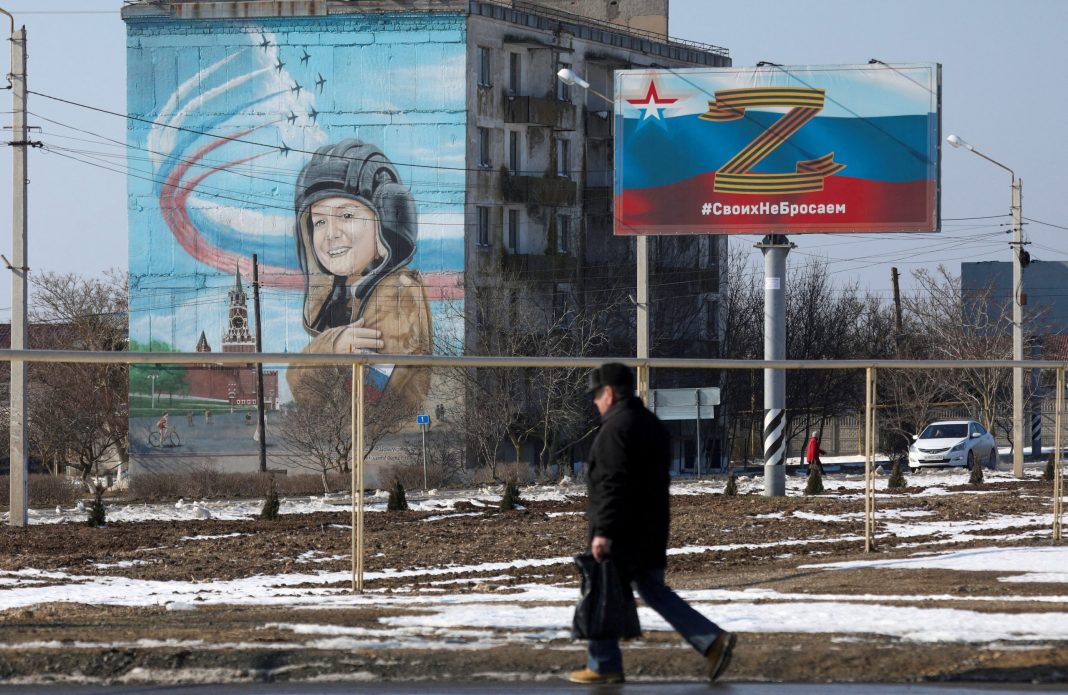Liberal imperialism annoys the neighbors
By Edward Lucas, for CEPA
I was at a conference in one of the Baltic states recently, discussing democracy and human rights in Russia, Belarus, and Ukraine. On the platform was a distinguished émigré Russian, a fierce foe of the Putin regime with a distinguished cultural career. The conference was not public, so I will call him Andrei. The subject came up of Russia’s future: would it, could it, should it disintegrate? Whatever post-Russian states or entities came next might be easier neighbors. He batted the question aside as irrelevant and unhelpful. You will struggle to persuade Russians to oppose the Putin regime if you argue for the destruction of the country.
I pressed a bit harder. For context, it is easy to see how (in principle) Belarus could become a normal European country. It would just need to get rid of the Lukashenko dictatorship and wriggle out from the Kremlin’s clutches. It is also easy to see how Ukraine could become a normal country. It was on track to do so before Putin’s full-scale onslaught started a year ago. If the fighting stops and the European Union and NATO offer membership, Ukraine can become happy, stable, prosperous, and democratic.
But Russia? That’s another question. As the historian Alexander Etkind argues in “Internal Colonization,” for centuries, Russia’s rulers have treated their own lands the way other countries treat their colonies. The predatory, arbitrary exercise of central state power is at the root of Russia’s domestic woes. Relations with neighboring countries are burdened (to put it mildly) by imperial ambitions and neuroses.
So, I asked, how does the discussion of past imperialism and future (perhaps) decolonization fit into the Russian opposition’s worldview?
I was stunned by the answer. Imperialism, Andrei asserted, was a recent product of the Putin regime’s propaganda. It had no roots in the Russian mindset. It would vanish as quickly as it had come. He backed up his point with his personal experience. Living in Soviet-era Moscow, he said, he had witnessed no such imperialism.
Get the Latest
Get regular emails and stay informed about our workEmail
There was a ripple of disbelief at this. Andrei’s generation witnessed the Soviet-led invasion of Czechoslovakia, martial law in Poland, the invasion of Afghanistan, the bloody scuffles in Lithuania, Latvia and Georgia as the Soviet Union collapsed, and the two Chechen wars fought by post-Soviet Russia. More importantly, he was speaking in a country that had been occupied at gunpoint, illegally annexed, and for decades experienced the deliberate erasure of its culture, history, language, and ethnic identity.
I seized the microphone. “You say you witnessed no imperialism. I think people witnessed it here.”
My interlocutor looked mildly embarrassed. He acknowledged that there was perhaps some imperialism in the Baltics, though he had not seen it first-hand. But he treated the episode as a lapse of memory rather than a crude disregard for the sensitivities of the country that had given him refuge from persecution. I do not believe in collective guilt. But I do think that anyone dealing professionally with a foreign country should take the trouble to learn the relevant bits of history. When in the Baltic region, I readily highlight the Anglo-German naval agreement of 1935. In this deal with Hitler, Britain withdrew the Royal Navy from the region, consigning it to the clutches of two murderous dictatorships.
Opposing Putin’s war (or at least not wanting to fight in it) is better than the opposite. But true political reform in Russia requires a deeper diagnosis and a more painful prescription. Outsiders, particularly those from places that have been victims of Russian or Soviet imperialism, understand this all too well. Among the Russian opposition? Not so much.
By Edward Lucas, for CEPA
Europe’s Edge is CEPA’s online journal covering critical topics on the foreign policy docket across Europe and North America. All opinions are those of the author and do not necessarily represent the position or views of the institutions they represent or the Center for European Policy Analysis.





